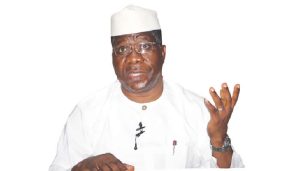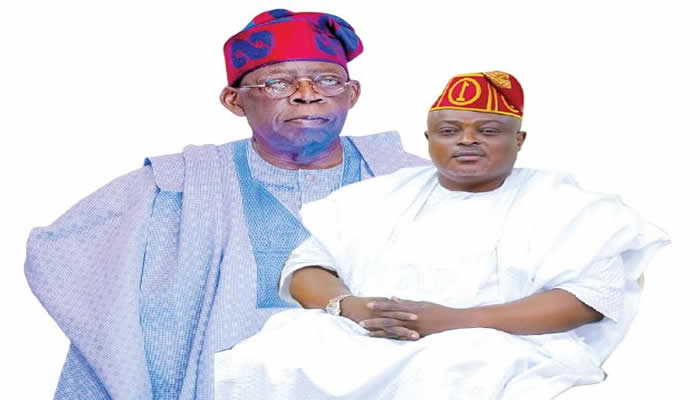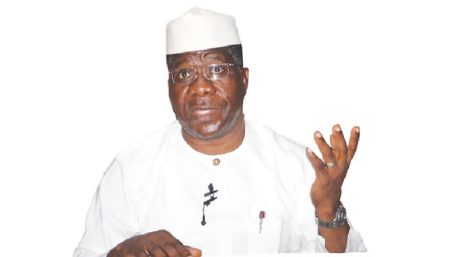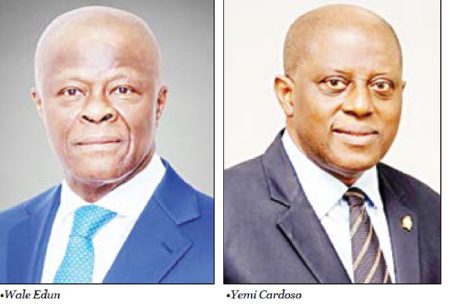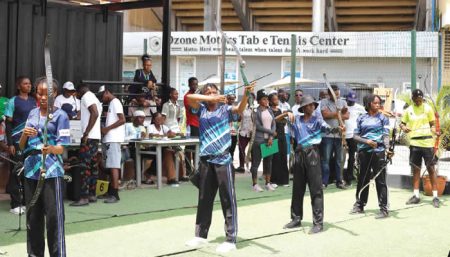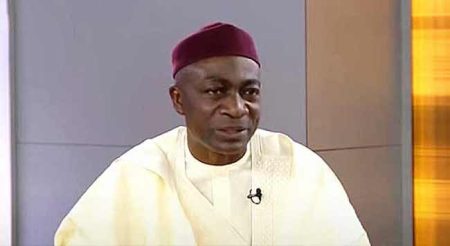Paragraph 1: Honoring Nigeria’s Democratic Journey
The conferment of national honors by President Bola Tinubu during the 2025 Democracy Day celebrations stands as a significant act of recognizing and celebrating the individuals who have shaped Nigeria’s democratic trajectory. This gesture, encompassing 139 awards, with 68 bestowed posthumously, serves as a powerful testament to the enduring legacy of these individuals, their sacrifices, and their contributions to the nation’s democratic evolution. It underscores the importance of remembering and acknowledging those who fought for the freedoms Nigerians enjoy today.
Paragraph 2: Addressing Historical Injustices: The Case of the Ogoni Nine
A particularly noteworthy aspect of the national honors was the presidential pardon granted to the "Ogoni Nine," a group of activists executed in 1994 under the military regime of General Sani Abacha. Their execution, following their activism against environmental degradation caused by oil exploration in their homeland, became a symbol of oppression and injustice. President Tinubu’s decision to grant them posthumous national honors and a presidential pardon signifies a commitment to addressing historical grievances and promoting reconciliation. This act serves as a symbolic step towards healing the wounds of the past and recognizing the validity of their struggle.
Paragraph 3: Celebrating Icons of Democracy and Sacrifice
Among the recipients of the national honors were prominent figures who played pivotal roles in Nigeria’s democratic struggle. Nobel Laureate Prof. Wole Soyinka, recognized with the Grand Commander of the Order of the Niger (GCON), stands as a testament to the power of intellectual and artistic contributions to societal progress. The late General Shehu Musa Yar’Adua, posthumously honored with the Grand Commander of the Federal Republic (GCFR), represents the contributions of those who served the nation in various capacities. The inclusion of figures like the late Pa Alfred Rewane, Chief Bola Ige, and Kudirat Abiola further highlights the diverse range of individuals who contributed to Nigeria’s democratic development, often at great personal cost.
Paragraph 4: Mudashiru Obasa’s Commendation and the Significance of Remembrance
The Speaker of the Lagos State House of Assembly, Mudashiru Obasa, lauded President Tinubu’s decision, emphasizing the importance of remembering the sacrifices of past heroes. He described the honors as a clear indication that the struggles and contributions of those who fought for democracy must not be forgotten. Obasa specifically praised the recognition of Ken Saro-Wiwa and the other Ogoni activists, highlighting the significance of the presidential pardon as a patriotic and honorable gesture. He underscored the President’s commitment to addressing historical injustices and promoting unity and reconciliation.
Paragraph 5: June 12 and the Path towards National Unity
Obasa connected President Tinubu’s actions to his earlier decision to declare June 12 a public holiday in 2024, recognizing the date as a symbolic representation of Nigeria’s democratic aspirations. The annulled June 12, 1993, presidential election, widely believed to have been won by Chief MKO Abiola, remains a pivotal moment in Nigeria’s history. By acknowledging this date, President Tinubu signaled a commitment to acknowledging past injustices and moving towards a more inclusive and unified nation.
Paragraph 6: Building a Legacy of Unity and Prosperity
The conferment of national honors and the presidential pardon symbolize a concerted effort to address historical grievances, promote reconciliation, and foster a sense of national unity. These actions, coupled with the recognition of June 12, demonstrate President Tinubu’s commitment to building a stronger, more united Nigeria, where the sacrifices of past heroes are acknowledged and honored. By confronting the difficult chapters of the past, President Tinubu aims to create a foundation for a more prosperous and harmonious future, one that cherishes the contributions of all Nigerians and upholds the principles of democracy and justice. This effort seeks to create a lasting legacy of unity, healing, and progress for generations to come.




